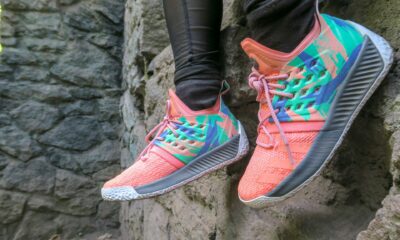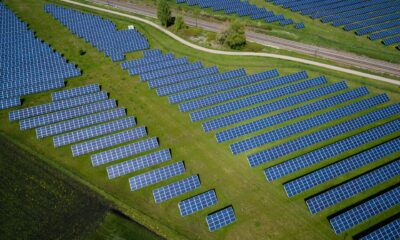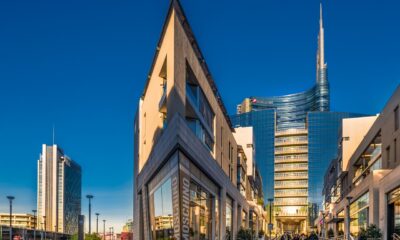Impact Investing
How RES Transforms Carbon Dioxide into the Fuel of the Future
RES Italia’s key projects include Tethys, a UAV for water sampling, and Tapyro, an eco-friendly thermal weeding device. Their goal is to advance technology while upholding environmental and circular economy principles. RES established a unique pilot plant in Cagliari, Italy, converting CO2 and hydrogen into biomethane while storing surplus energy, promoting energy sustainability and innovation.
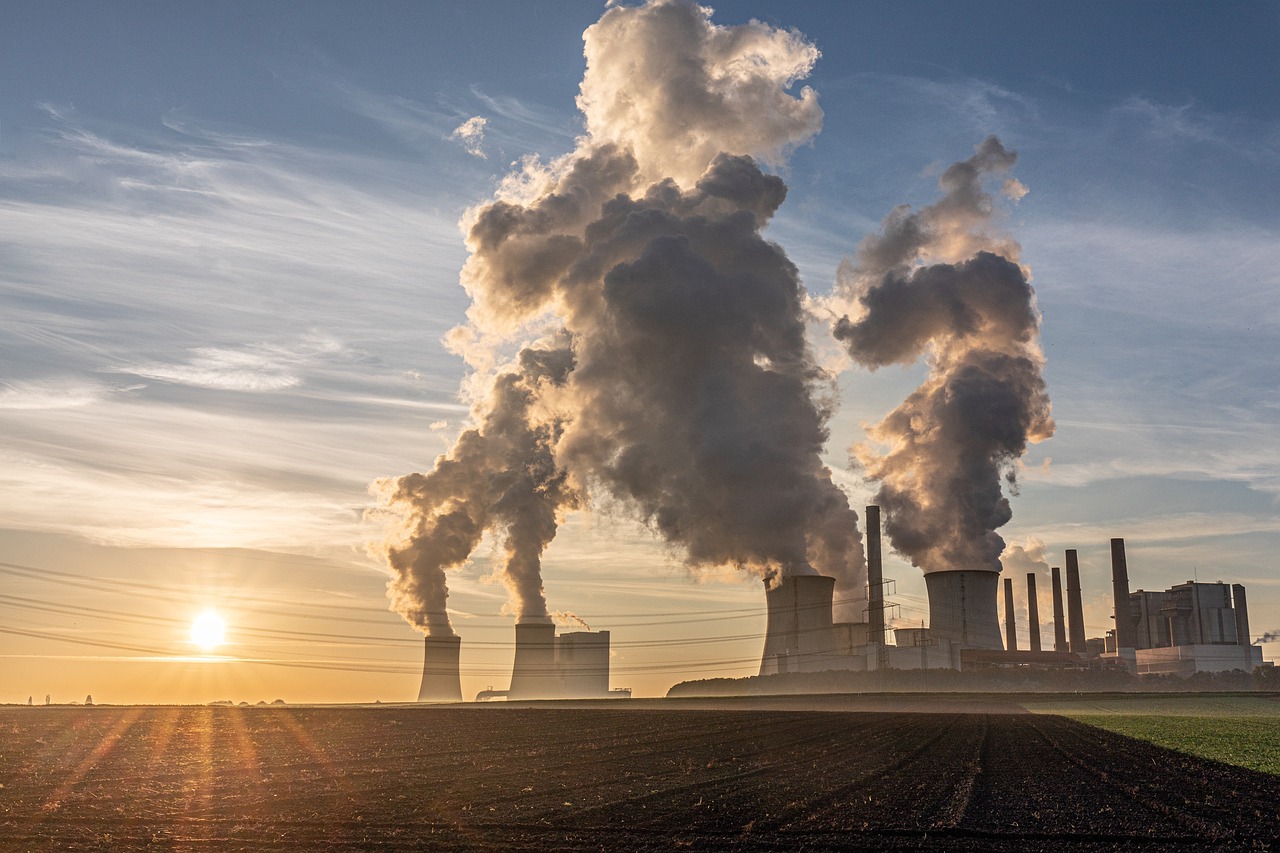
An idea: transform carbon dioxide and hydrogen into methane. One project: build a new experimental facility and store excess energy. An achievement: today this type of plant, which is based in Cagliari, is unique in Italy. This series of steps is implemented by RES Italia, a company from Ravenna which has chosen the Sardinian capital to carry out its pilot project, not by chance.
Founded in 2004 by Chato Della Casa, originally from Vulcano (Messina), the company is committed to the development and promotion of innovative plant applications and solutions, based on anaerobic digestion.
Read more about RES Italia and find the most important business news of the day with our companion app Born2Invest.
RES Italia, between circular economy and innovation
This innovative SME was founded in Ravenna in 2004 by 3 partners : the president, Davide Bersani, a graduate in Mechanical Engineering and designer of R&D machines and systems, who in the company deals with design for the creation of prototype systems and experimental equipment, Chato Della Casa, vice-president, graduate in Environmental Sciences and landscape architect, who works in the biogas sector and collaborates in plant design, study and analysis of biomass and Stefano Silvi , graduate in Building Engineering-Architecture and energy certifier.
Since its foundation, RES has developed and matured know-how and specific skills on anaerobic digestion (in particular with regard to applications relating to the production of biogas/biomethane and power-to-gas) and on thermochemical processes, also dealing with different typologies pre-treatment of waste and organic by-products. RES is engaged in applied research activities and technological innovation projects, addressing issues relating to various application areas: from environmental monitoring and protection to the circular economy.
Among the most important projects are Tethys, a remotely piloted aerial vehicle for the sampling and analysis of water bodies, and Tapyro, an eco-friendly device for thermal weeding and pyrodisinfection ( editor’s note: an innovative low-impact technique environmental to disinfect). The main objective of RES is to provide products and services useful for supporting technological progress, reconciling the principles of environmental protection and circular economy with solutions for the use of renewable energy and energy saving.
From Ravenna, RES has chosen Cagliari to start a one-of-a-kind pilot plant in Italy that is capable not only of obtaining biomethane from carbon dioxide and hydrogen but also of retaining the surplus energy. «There are only 2 plants of this type in Europe», declares the CEO of RES. Let’s find out in detail.
From Ravenna to Cagliari
Created for Sardegna Ricerche, in Cagliari, Res has created a biological methanation plant , consisting of a reactor in which specialized bacterial strains grow that feed on carbon dioxide (introduced via cylinders in this experimental phase, but in fact one of the pollutants that cause the most problems for the environment) and hydrogen. This process needs energy to take place, which can be green, produced by any excess renewable energy.
That is stored in the form of methane through the conversion of hydrogen. Thus, for example, we move from a surplus of solar energy, which cannot be stored long-term in batteries, to biomethane, which is an energy resource that can be stored and preserved without major complications. Furthermore, through the automation and control system it is possible to acquire, record and regulate the process data detected via various sensors with which the machine is equipped, and the system can also be monitored remotely.
“The biological methanation process has been known for some time, but this plant is one of a kind: here there is an active energy circularity project that is well integrated with other plants that we have installed in past years” – explained the CEO of Res Italia.
It is about a technology that still requires an experimental process to make the process that takes place by managing and controlling a bacterial culture as stable as possible. In the energy-environment sector it is necessary, having to investigate the client’s needs, to carry out studies on the process to control, equip and instrument the pilot plant so that it achieves maximum performance. The higher the potential, the more biomethane is produced.” And the applications can be very virtuous.
Potential applications of the process
“The applications that we foresee as possible, through this process, are truly countless if we just think that a pollutant such as carbon dioxide is used to produce renewable energy – said Davide – Transforming an energy-intensive process in itself into a process that allows energy to be stored renewable electricity (in this case biomethane) this plant can respond to many energy requests and can also be replicated in other areas not only in Italy but in the world.”
As regards volumes, the CEO stated: “It depends on how it will be managed by the market. In our opinion, in the next 5-10 years the idea should begin to be developed at a commercial level , with enormous advantages throughout the entire supply chain.” If all went well, therefore, the RES Italia project could really make a difference.
“We work with universities, spin-offs, public-private or private companies that have a strong scientific-technological component that supports us in the development of products and services in the bioenergy sector – concludes the CEO – Since 2008 we have also worked alongside Sardegna Ricerche , the year in which we supplied them with the first pilot plant which still continues to be used for the production of biogas.”
In short, a work in progress that aims to expand not only at a territorial level: “These technologies would allow greater energy independence in the context of the Sardinian island to make energy production more efficient. In Sardinia, in particular, there is unexplored potential regarding the wind sector . I cannot take it for granted that the Region will be able to achieve self-sustaining, we cannot know, but it would certainly achieve a good level of autonomy. And this model could be replicated in many other areas , not only on the Peninsula but globally.”
__
(Featured image by catazul via Pixabay)
DISCLAIMER: This article was written by a third party contributor and does not reflect the opinion of Born2Invest, its management, staff or its associates. Please review our disclaimer for more information.
This article may include forward-looking statements. These forward-looking statements generally are identified by the words “believe,” “project,” “estimate,” “become,” “plan,” “will,” and similar expressions. These forward-looking statements involve known and unknown risks as well as uncertainties, including those discussed in the following cautionary statements and elsewhere in this article and on this site. Although the Company may believe that its expectations are based on reasonable assumptions, the actual results that the Company may achieve may differ materially from any forward-looking statements, which reflect the opinions of the management of the Company only as of the date hereof. Additionally, please make sure to read these important disclosures.
First published in StartupItalia. A third-party contributor translated and adapted the article from the original. In case of discrepancy, the original will prevail.
Although we made reasonable efforts to provide accurate translations, some parts may be incorrect. Born2Invest assumes no responsibility for errors, omissions or ambiguities in the translations provided on this website. Any person or entity relying on translated content does so at their own risk. Born2Invest is not responsible for losses caused by such reliance on the accuracy or reliability of translated information. If you wish to report an error or inaccuracy in the translation, we encourage you to contact us

-

 Business1 week ago
Business1 week agoLegal Process for Dividing Real Estate Inheritance
-
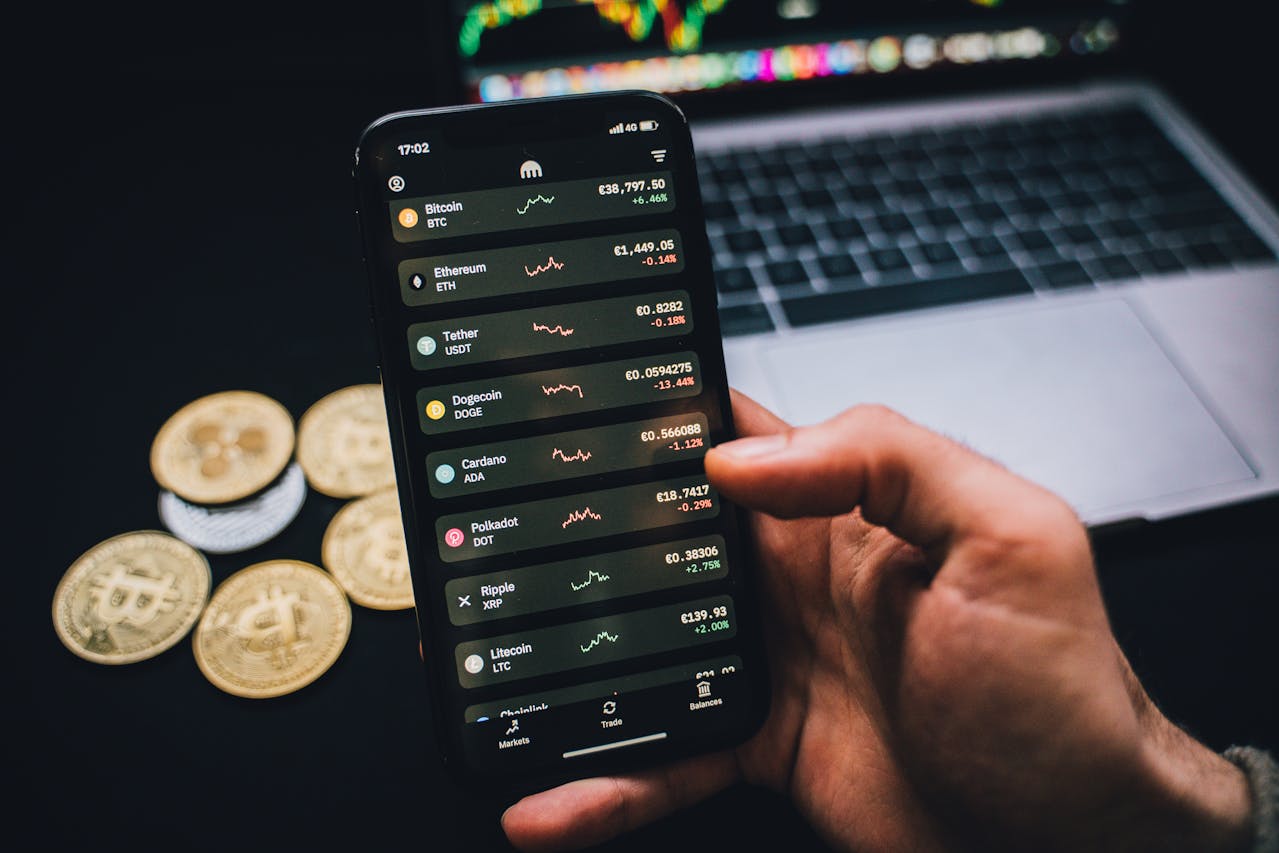
 Fintech5 days ago
Fintech5 days agoPUMP ICO Raises Eyebrows: Cash Grab or Meme Coin Meltdown?
-

 Africa2 weeks ago
Africa2 weeks agoMorocco Charts a Citizen-Centered Path for Ethical and Inclusive AI
-

 Africa8 hours ago
Africa8 hours agoSurging Expenditures Widen Morocco’s Budget Deficit Despite Revenue Growth


